Platform regulation
Dominant platforms are the internet intermediaries (meaning companies that operate by hosting content which has been created and uploaded by their users) and which have the greatest share of the market - such as Facebook, Twitter, YouTube or Instagram.
Filter resources
-
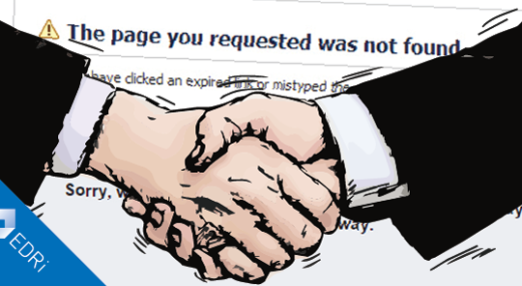
Poland: Privatised law enforcement or protecting users’ rights?
How to regulate content moderation policies of Facebook and other social media platforms is a challenge worldwide. In Poland, such a discussion has been ongoing for more than a year. A few months ago, the previous Minister of Digital Affairs Anna Strzezynska presented the proposal for a new bill, whose aim was to guarantee that […]
Read more
-

Whom do we trust with the collective good?
Wittingly and unwittingly, we increasingly leave the care of society to tech companies. This trend will prove detrimental to us.
Read more
-
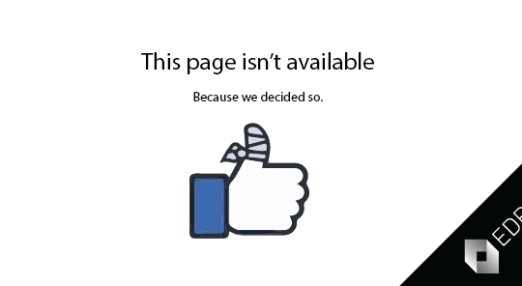
ENDitorial: Facebook can never get it right
In 2017, a man posted live footage on Facebook of a murder he was committing. The platform decides whether you get to see this shocking footage or not – an incredibly tricky decision to make. And not really the kind of decision we want Facebook to be in charge of at all.
Read more
-

Letter to the EU Council: Stand for citizen’s rights and the European digital economy in the copyright negotiations!
On 19 November 2018, EDRi, together with 53 other NGOs, sent a letter to the Council of the European Union. The letter draws attention to the ongoing concerns regarding the proposal on copyright in the Digital Single Market, ahead of a crucial meeting on 23 November.
Read more
-

Facebook fails political ads tests several times
On 28 June 2018, Facebook announced it had set forth a compulsory “Paid for by” feature, limiting anonymity by requiring to submit a valid ID and proof of residence. This had been introduced in reaction to a series of election interference in the past year through foreign political advertising on social media platforms.
Read more
-

Closed-doors discussions to filter the internet continue
On 12 September 2018, the European Parliament (EP) adopted the worst imaginable amendments to the copyright Directive proposal.
Read more
-
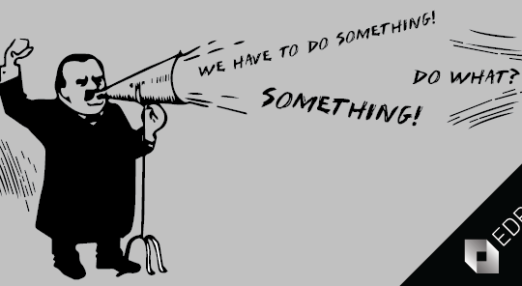
EU’s flawed arguments on terrorist content give big tech more power
On 12 September 2018, the European Commission proposed yet another attempt to empower the same big tech companies it claims are already too powerful: a draft Regulation on preventing the dissemination of terrorist content online. The proposal encourages private companies to delete or disable access to “terrorist content”.
Read more
-
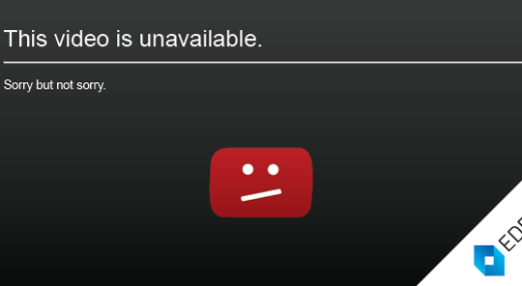
ENDitorial: YouTube puts uploaders, viewers & itself in a tough position
A pattern is emerging. After blocking a controversial video, YouTube nonpologises for doing so, and reinstates the video... just to block it again a few months later. The procedures around content moderation need to improve, but that's not all: more needs to change.
Read more
-
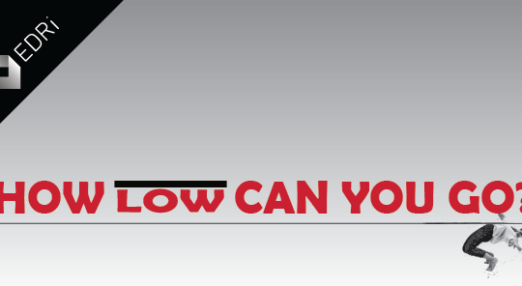
Council continues limbo dance with the ePrivacy standards
It's been six-hundred-fifty-two days since the European Commission launched its proposal for an ePrivacy Regulation. The European Parliament took a strong stance towards the proposal when it adopted its position a year ago, but the Council of the European Union is still only taking baby steps towards finding its position.
Read more
-

Civil society calls for evidence-based solutions to disinformation
Human and digital rights organisations Access Now, Civil Liberties Union for Europe and European Digital Rights (EDRi) published a joint report on 18 October 2018 evaluating the European Commission’s online disinformation and propaganda initiatives.
Read more
-
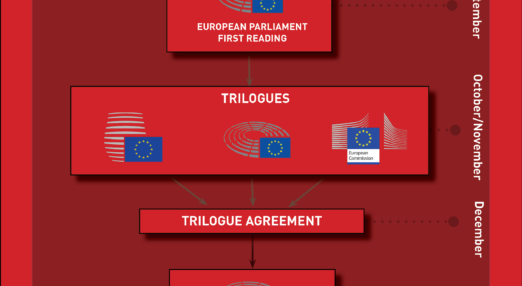
Press Release: EU Parliament flip-flops backwards on copyright
The Parliament’s today vote represents a backwards flip-flop to supporting measures which it had previously dismissed.
Read more
-
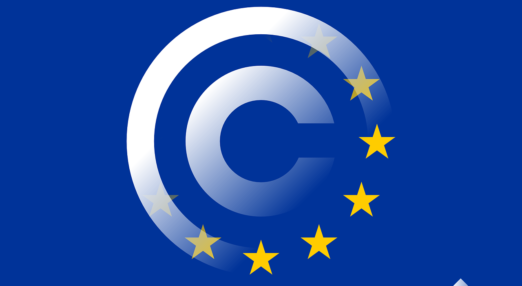
Deconstructing an MEP’s support for the Copyright Directive
After the European Parliament voted against the negotiating mandate for the Copyright Directive, the assistant of a Member of the European Parliament,one of its supporters, wrote to a voter to explain why she supports the proposal.
Read more
